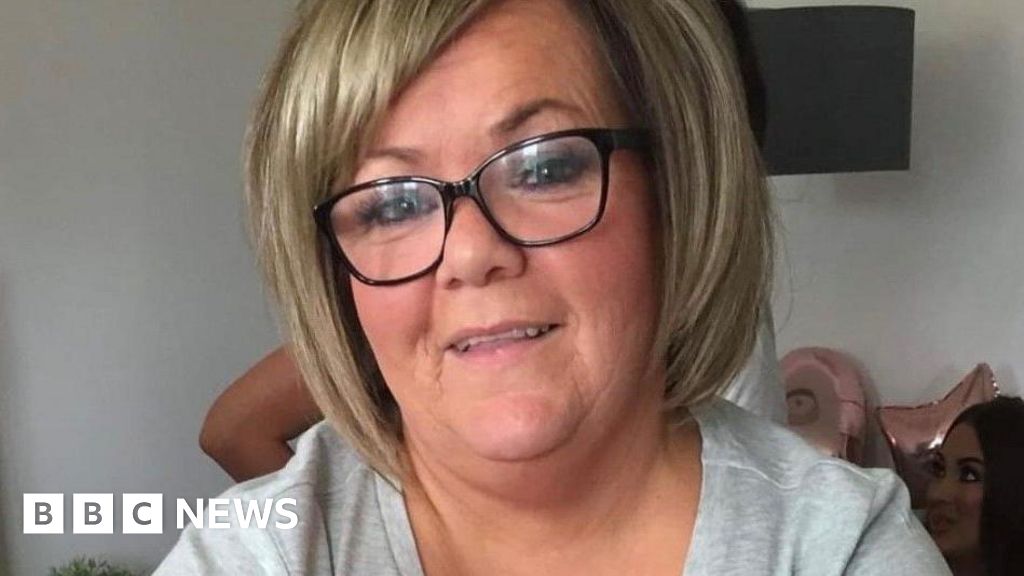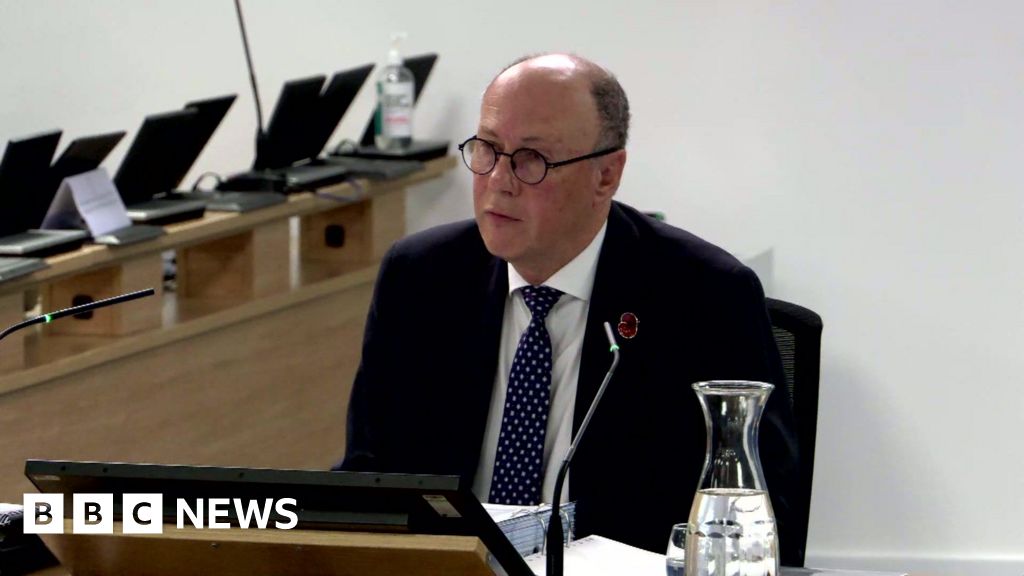A Missouri woman who has spent more than 40 years in prison for a murder her supporters believe she did not commit will get a court hearing that could lead to her release.
The Missouri attorney general’s office has agreed to an evidentiary hearing for Sandra Hemme, 63, who was convicted of murder in the Nov. 12, 1980, killing of Patricia Jeschke, a library worker in St. Joseph, The Kansas City Star reported Thursday.
Lawyers for the Innocence Project filed a petition in February seeking to exonerate and free Hemme, who was a patient at a psychiatric hospital when she gave conflicting statements about the murder to investigators.
Innocence Project
“Police exploited her mental illness and coerced her into making false statements while she was sedated and being treated with antipsychotic medication,” the Innocence Project said.
In a response filed last week, the attorney general’s office asked Circuit Judge Ryan Horsman to require lawyers involved in the case to be ready to set a date for the evidentiary hearing when they meet on July 10.
Her attorneys say the only evidence linking Hemme to Jeschke’s death were “wildly contradictory” and “factually impossible” statements she gave to detectives while she was a patient at the St. Joseph State Hospital’s psychiatric ward.
She initially didn’t mention a murder, then claimed Jeschke was killed by a man who police later determined was in Topeka at the time, and then later said she knew about the murder because of “extrasensory perception,” according to her attorneys.
Two weeks after Jeschke’s nude body was found on the floor of her apartment in eastern St. Joseph, Hemme told authorities she thought she stabbed the victim with a knife but then added “I don’t know. I don’t know,” according to her attorneys.
The attorney general’s office said Hemme’s attorneys have “alleged facts that if true may entitle her to relief.”
Hemme initially pleaded guilty to capital murder, but her conviction was thrown out on appeal. She was then found guilty in 1985 during a one-day jury trial in which the only evidence was her “confession.”
The Innocence Project says state officials withheld evidence during the trial that would have implicated a 22-year-old St. Joseph police officer who was investigated for insurance fraud and burglaries and later spent time in prison in Missouri and Nebraska. He died in 2015.
Hemme’s lawyer also presented no witnesses at her trial, which lasted just one day, according to the Innocence Project.
Shortly after Jeschke was found dead, the officer used her credit card. Jeschke’s earrings were found in his apartment and the officer’s colleagues could not corroborate his alibi – that he was having sex with another woman at a motel next to Jeschke’s apartment when she was killed.
Lloyd Pasley, who was a senior member in St. Joseph’s detective division in 1980 and served twice as interim police chief in the department, said he believes Hemme is innocent and evidence suggests the officer was the killer.
The Missouri attorney general’s office, currently held by Republican Andrew Bailey, has a long history of opposing wrongful conviction motions. Bailey’s office did not immediately return a message seeking comment.
Bailey has only been in office since January. But his predecessor, Eric Schmidt, who is now a U.S. senator, fought against efforts to free Kevin Strickland. He was exonerated in 2021 after spending 43 years in prison for a triple murder he did not commit. Schmidt also opposed an effort to exonerate Lamar Johnson, who was freed in February after 28 years in prison.
Kent Gipson, a Kansas City-based attorney who has filed hundreds of post-conviction claims over three decades, said he could think of only one other innocence case where the attorney general’s office agreed to an evidentiary hearing. Gibson is not involved in the Hemme case.
The Innocence Project said the St. Joseph police also wrongfully convicted a person with a mental health illness not long before Jeschke’s killing. In 1979, Melvin Lee Reynolds, who also was a patient at St. Joseph’s State Hospital, was convicted in the 1978 murder of a 4-year-old boy, the group said. Officers allegedly obtained a false confession from Reynolds after interrogating him repeatedly, according to the Innocence Project.
Four years later, Reynolds was exonerated.
















































